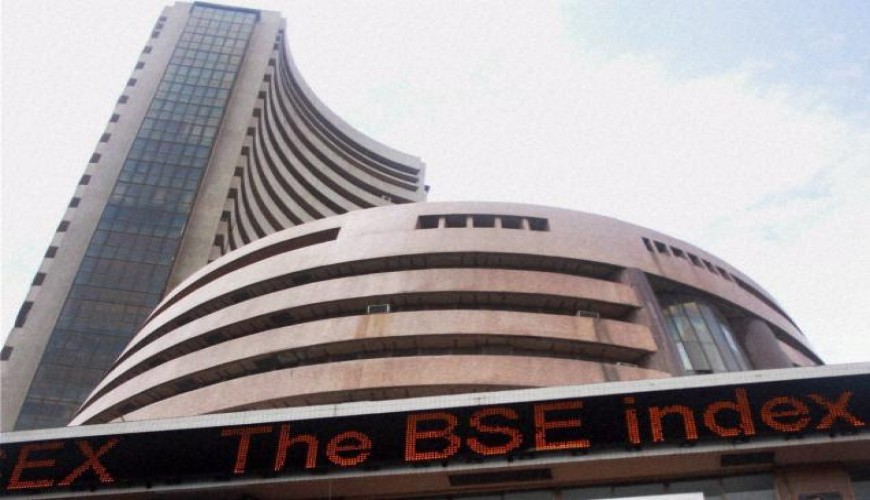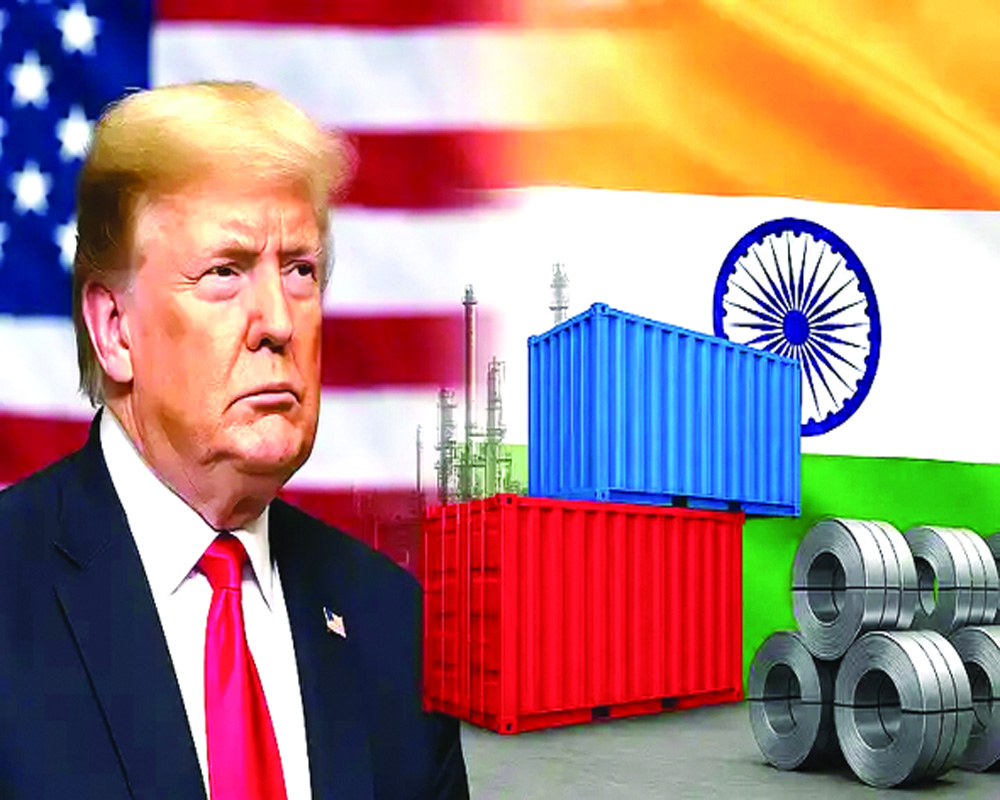The People’s Republic of China has proven itself to not act in good faith. This hitback was coming ever since June 15
The news that India has banned 59 Chinese-made apps did not really come as a huge surprise to many ever since the unfolding of events on June 15. Highly popular applications such as TikTok, Shareit and WeChat have been banned. Some of these apps count India among their biggest markets. For example, India is the biggest driver of the TikTok app and the ban is expected to hit its owner Bytedance hard as it had plans to invest $1 billion here. So, it would be prudent for the Government to make a watertight data security and privacy case for banning these apps, much of which have been surreptitiously used for data mining and surveillance. As it is China is countering the ban as a violation of WTO and fair trade rules. Which is why India should be thorough in making a case for national security. This wouldn’t be too difficult for some apps such as TikTok. It is unfortunate though that several Indian youth, particularly from the subaltern classes, are shedding crocodile tears. That said, two and a half decades of the rise of the internet has taught us that platforms like these come and go. So, these “creators” will clearly find something new. Already similar Indian apps like ShareChat are registering higher traffic. Of course, the banning of social platforms is a very small step to counter the Chinese aggression. Nevertheless, the step has been met with widespread approval, even by some of those who have been directly impacted.
The fact is that over the past few years, China has proven that it is not a “good faith” actor. It has been in its interest that until now India remained weak, both economically and militarily. The fact that Indian soldiers stood up to colleagues despite having lost 20 of our men gave the Chinese a dose of their own medicine. That our soldiers were able to kill many Chinese personnel is telling. Banning apps is one thing and acting against Chinese consumer products will possibly be next in the line. But extricating Indian industry from the Chinese supply chain is next to impossible. Industries in our country are heavily dependent on Chinese-made capital goods such as power-generating turbines and industrial machinery as well as China-made intermediates such as active pharmaceutical ingredients. Various sectors would collapse in the absence of Chinese products. We have only ourselves to blame for being in this situation. Prime Minister Narendra Modi should harbour some of the blame. His perceived bonhomie with Chinese President Xi Jinping was just an act for the latter. And Xi took Modi for a ride. At the same time, the entire philosophy of selling cheap products and the lowest bidder concept has led to India actively importing from China instead of building up additional capacity or even consider an alternative. Here, the Kolkata and Nagpur metro rail systems are guilty of getting new rolling stock from Dalian instead of encouraging local production lines. India must make it clear that it will not allow Chinese companies to bid for infrastructure projects. Most Chinese companies are beholden to the Chinese Communist Party and, thus, to Xi. We cannot trust the Chinese or their companies. The Ladakh standoff will continue for some time but we have to make it clear to China that India can stand on its own feet. We must reject the Chinese temptation of cheap products and consumer goods. Enough is enough. What is needed is a firm will of the Government to build our own self-sufficiencies and end this dependence.
(Courtesy: The Pioneer)








 OpinionExpress.In
OpinionExpress.In















Comments (0)